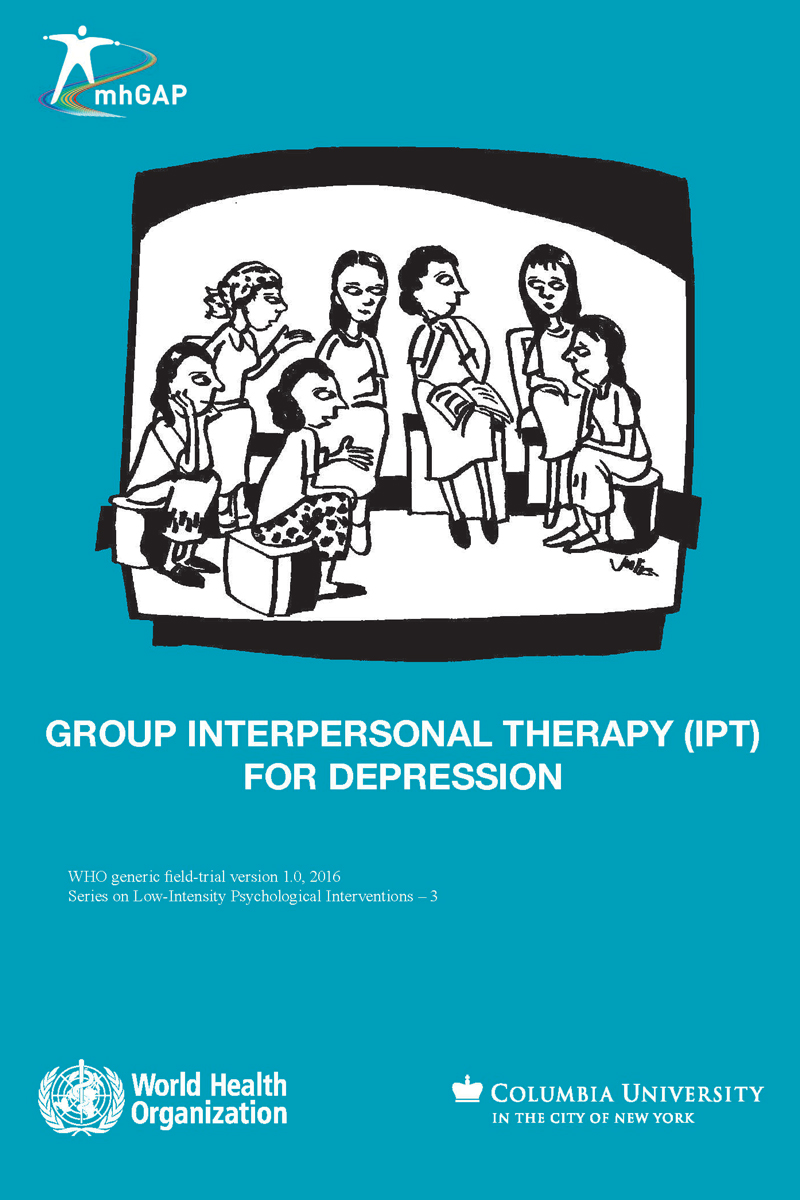Our Mission
The mission of the Global Mental Health Lab at Teachers College (GMH Lab @ TC) is to reduce the burden of mental illness and improve wellbeing in under-resourced communities around the world through:
- Research on evaluation, adaption and implementation of evidence-based psychotherapies, globally. In recent years, we have pioneered landmark studies and controlled trials evaluating the effectiveness of Interpersonal Psychotherapy (IPT).
- Training and capacity building in evidence-based psychotherapies, specifically IPT of mental health professionals, paramedics, non-specialists and laypersons in high, middle and low-income countries.
- Service provision, consulting and partnering with global agencies, NGOs, non-profit agencies, federal agencies, foundations, academic centers and ministries of health on building systems of care involving psychotherapy.
Where We Work
Foci
- Assessment: Of local idioms of distress, mental health needs, and attitudes toward illness and treatment; Instrument development and psychometrics; Development of new and validation of existing symptom and functioning scales; Cross-cultural assessment; Assessment of providers' and supervisor's competence and short- and long-term skill retention; Assessment of mental health, health, and non-health outcomes (such as food security and school attendance of children) related to mental health interventions.
- Training and Capacity Building: Training of trainers methods; Task shifting strategies and capacity building: effective educational strategies of training and supervising adult learners from various educational backgrounds and cultures; Development of e-tools and knowledge management systems in assessment, training, supervision as well as ongoing monitoring and quality improvement of provider performance and patient care.
- Psychotherapy in Under-Resourced Settings: Evidence-based psychotherapy strategies relevant to GMH; principles of integrating psychotherapeutic strategies; cultural competence; principles of selection of interventions tailored to the demands of each setting; adaptation of psychosocial interventions for cultural relevance; manualization of treatment.
- Research/Implementation: Design and implementation of clinical trials and program evaluations; ethical conduct of cross-cultural research with vulnerable populations; prevention science; identification of sustainable delivery routes and principles of services research.
- Policy: National-level mental health situational analysis; partnering with government and non-government stakeholders to develop and implement mental health policy; international human rights and public health law as related to mental disabilities; economics in mental health; service and human resources development.
